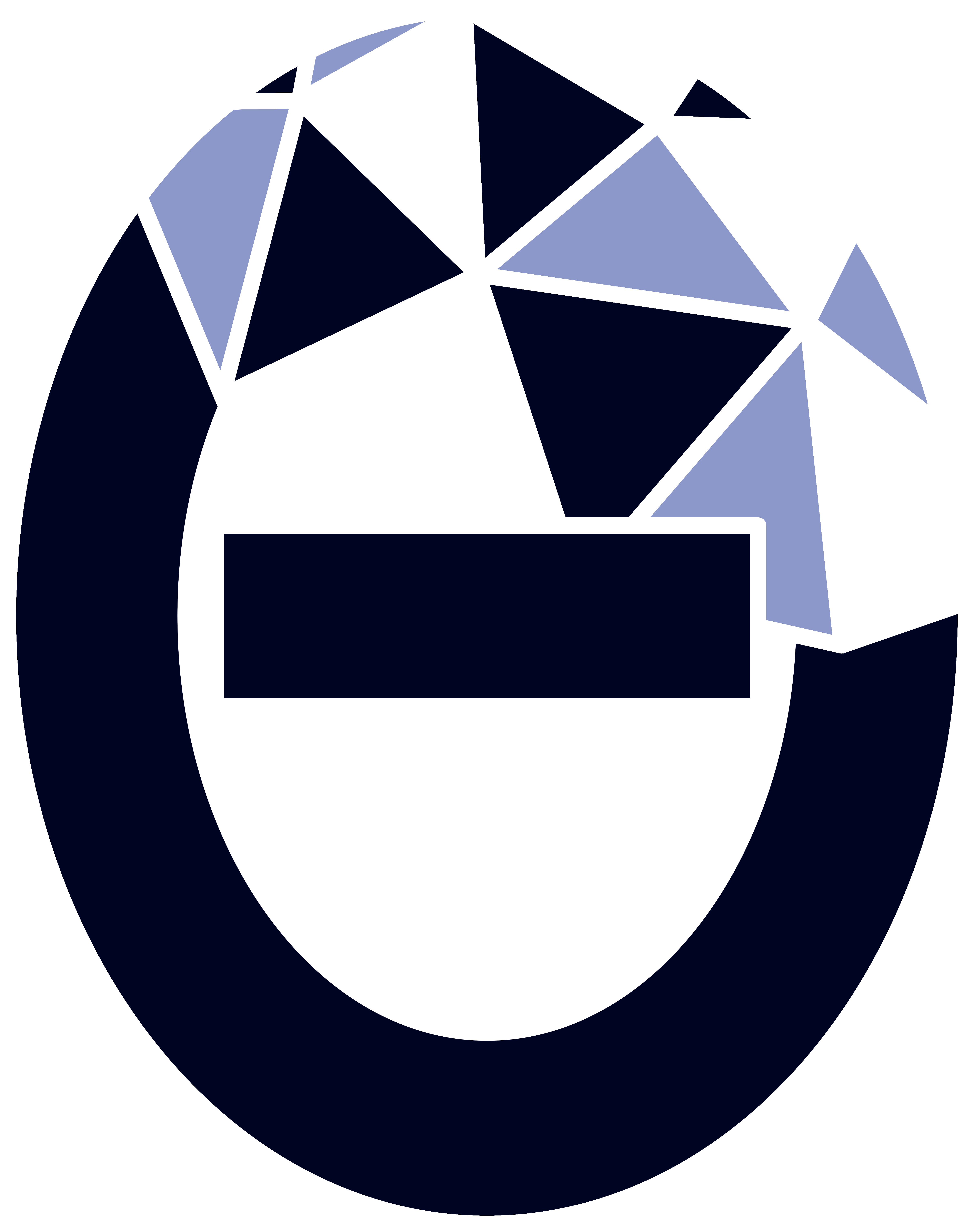Tuesday 1st Week
Video Night
We will be showing a video about the life of Srinivasa Ramanujan,
described by C.P. Snow as “an admirable story”.
Tuesday 2nd Week
Paul Garcia
Percy A MacMahon – a good soldier spoiled.
Major MacMahon was a famous and well respected figure in the
world of late Victorian and Edwardian mathematics. He began his career as
an officer in the Royal Artillery, but was forced by circumstances to
become
a mathematician. A keen billiards player and man-about-town, he wrote over
120 papers and four books, two of which are still in print and cited
regularly. An interest in puzzles led him to patent three of his own, and
write a very unusual book in which he anticipated the work of the Dutch
artist Escher by over a decade. Much of his mathematics was concerned with
Partition Theory, and he almost single-handedly invented modern Combinatory
Analysis.
But he rose to prominence for a discovery in Invariant Theory, so he is
particularly suitable person to be introduced to the Invariant Society.
Tuesday 3rd Week
Video Night
We will be showing 2 videos, one an introduction to topology and the second on
the four-colour problem.
Tuesday 4th Week
Marcus Du Sautoy (All Souls)
The Music of the Primes
Prime numbers are the atoms of arithmetic – the hydrogen and oxygen
of the world of numbers. Despite their fundamental importance to
mathematics, they represent one of the most tantalising enigmas in the
pursuit of human knowledge. In 1859, the German mathematician Bernhard
Riemann put forward an ideal – a hypothesis – which seemed to reveal a
magical harmony at work in the numerical landscape. A million dollars
now awaits the person who can unravel the mystery of the hidden music
that might explain the cacophany of the primes.
Tuesday 5th Week
Maxim Vsemirnov (Sidney Sussex College, Cambridge)
Counting lattice points: Cantor’s polynomials and more
There are many ways to show that the Cartesian square of a
countable set, say the set of non-negative integers, is countable.
More precisely, there are infinitely many ways to enumerate its
elements. Two of these enumerations have a very nice form: they
are given by polynomials. They were already known to Cantor more
than one hundred years ago.
Are there other pairing polynomials, i.e., polynomials that give a
one-to-one correspondence between pairs of non-negative integers and
non-negative integers? This question looks very natural and simple, but
the complete answer is still not known. Even in the simplest case of
quadratic polynomilas, the original proofs due to Fueter and Polya
(1920-s) were very deep and complicated. An elementary approach was
developed only 5 years ago.
In this talk I will try to explain in an elementary way
the fact that the only quadratic pairing polynomials are those
known to Cantor. No extra knowledge except some basic number theory
is required. At the end, some open problems including higher-dimensional
generalizations will be discussed.
Thursday 5th Week
Invariants Annual Dinner
Jesus College
This will also be an opportunity for those interested in being on next
year’s committee to talk to current committee members. More details
coming soon!
Tuesday 6th Week
Marc Lackenby (St. Catz)
“Life in a non-Euclidean world”, followed by AGM
We are used to the usual Euclidean universe, where the angles
of a triangle add up to 180 degrees, and where parallel lines
stay the same distance from each other. But there are other
richer types of geometry where these familiar notions break
down. The most interesting of these is hyperbolic space, discovered
by Gauss but which he considered too scandalous to publish
to the world. I will explain what it is like to live in hyperbolic
space. It turns out to be a rather unpleasant: it is cold, dark and
easy to get lost in. But it is also the source of a lot of interesting
mathematics, and may be a closer description of our universe
than you might think.
The talk will be followed by our AGM.
Tuesday 7th Week
Members’ Papers
If you are interested in presenting a paper please contact the secretary
(David Neuman at Jesus College) for further details.
Tuesday 8th Week
Raymond Flood (Kellogg)
Isaac Newton: Life, Labours and Legacy
In this talk the range of Newton’s work, the interaction with his contempories
and the impact that his work has had on science and mathematics will be
discussed.
Join our mailing list so you don’t miss any events!

Leave a Reply